|
|
|
Editor's note
|
|
A survey conducted among the British public in December 2015 found that just 1% of people rated Europe as the most pressing issue facing the nation. Just a few months before the referendum that changed everything, hardly anyone seemed to care very much about whether the UK was European or not. Asked the same question in 2019, 59% of people rated the EU question as the most important issue facing the country. Political psychologist Barry Richards suggests that the Brexit vote itself played a major part in all this. How else to explain the fact that a nation has been so utterly torn apart by a question very few people even cared about before
2016?
Many of us also struggle to keep our cool when debating the cold hard political facts, which is perhaps why we also struggle to separate these facts from fiction. Conversation authors suggest a dose of emotional sensitivity might be in order for everyone at this tense time.
It’s no secret that the media has played its own part in generating Brexit confusion, prompting further questions about the role of journalism in society. And discussion of the fourth estate, featuring leading journalists and media academics, will be at the heart of a mini-festival, being staged by The Conversation on Saturday, October 19, as part of the University of Dundee’s Festival of the Future. Click on the box below for a full schedule of events.
|
Laura Hood
Politics Editor, Assistant Editor
|

|
|
Top stories
|
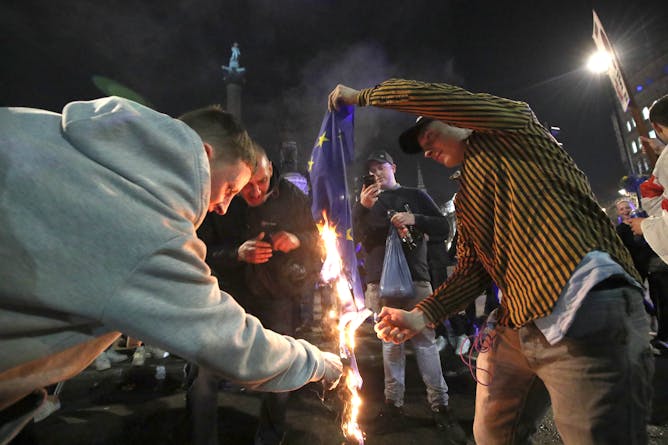
Yui Mok/PA
Barry Richards, Bournemouth University
Just a few years ago, very few people cared about the European question in the UK. What made it all change so suddenly?
|
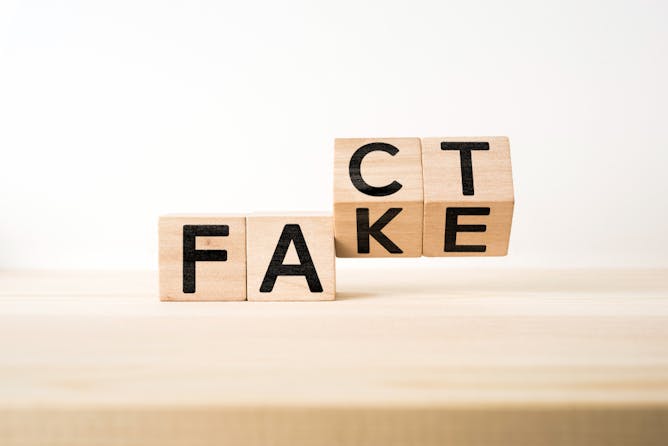
Can you tell one from the other?
Shutterstock.
David Knights, Lancaster University; Torkild Thanem, Stockholm University
The world faces a collision between facts and alternative facts – so how do experts get their message heard over the din of fake news?
|
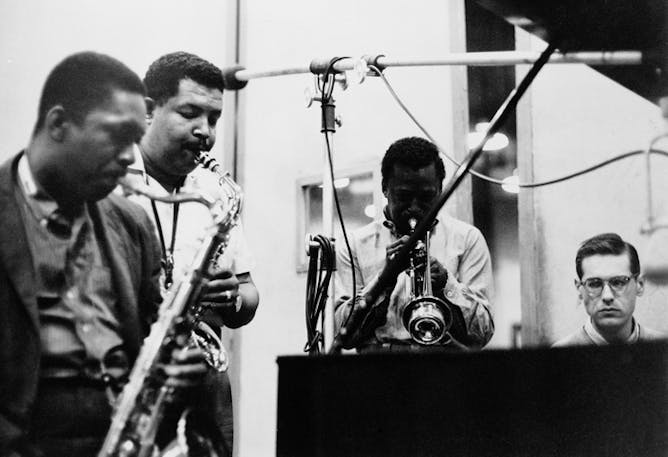
Virtuoso: John Coltrane (tenor sax), Cannonball Adderley (alto sax), Miles Davis (trumpet) and Bill Evans (piano) recording Kind of Blue in 1959.
Pedro Garcia
Martin Hall, York St John University
The release of a John Coltrane movie soundtrack from 1964 has brought jazz movies into focus.
|
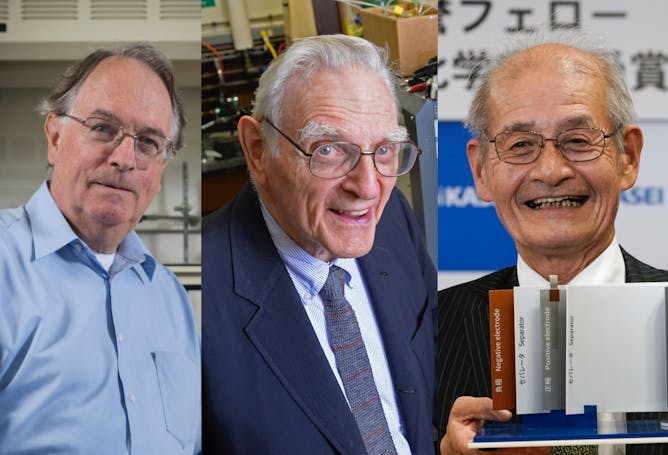
M. Stanley Whittingham, John Goodenough and Akira Yoshino.
Binghampton University/University of Texas/Kimimasa Mayama/EPA
Harry Hoster, Lancaster University
M. Stanley Whittingham, John B. Goodenough and Akira Yoshino made the batteries in our pockets possible.
|
Environment + Energy
|
-
Owen Douglas, University College Dublin; Kieran Harrahill, University College Dublin
Our research looked at what did – and didn't – work in Canada, Australia and Germany.
-
Iain Walker, University of Canberra; Zoe Leviston, Edith Cowan University
It's easy to spot outright rejection of the facts on climate change. But it's far harder to see our own biases and excuses that lead us to delay or deny the need for real action.
-
Sally Little, Nottingham Trent University
The salt in the sea has built up over billions of years – but it wouldn't have got there without freshwater rivers and streams.
|
|
Politics + Society
|
-
Olivia Stevenson, UCL; Clare Stainthorp, UCL
We live in a society in which inequality is deepening – in this context, our words can have real and pernicious effects.
-
Tom Long, University of Warwick; Max Paul Friedman, American University
When the Rio Treaty was signed in 1947, an opportunity was missed to promote democracy in Latin America.
|
|
Science + Technology
|
-
José Alexandre Felizola Diniz-Filho, Universidade Federal de Goias; Pasquale Raia, University of Naples Federico II
New research models how the Homo floresiensis species could have evolved its small size remarkably quickly while living on an isolated island.
-
Antony Arthur, University of East Anglia; Carol Brayne, University of Cambridge
In two decades, the amount of antidepressants being prescribed jumped from 4% to 11%.
|
|
Health + Medicine
|
-
Liz Forbat, University of Stirling
Conflict happens far too frequently between the parents of very sick children and hospital teams.
|
|
Arts + Culture
|
-
Daniel Kilvington, Leeds Beckett University
Online abuse and institutional racism are ruining the beautiful game.
|
|
Business + Economy
|
-
Kathleen Riach, University of Glasgow
The ruling suggests there is an enduring disregard for one of the most vulnerable groups in today’s society: older women.
|
|
| |
| |
| |
| |
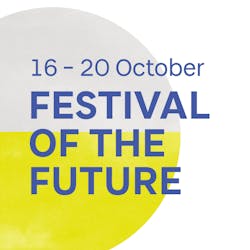
|
| |
| |
| |
Featured events
|

|
Bonar Hall University of Dundee, Dundee, Dundee City, DD1 4HN, United Kingdom of Great Britain and Northern Ireland — The Conversation
|

|
Bonar Hall University of Dundee, Dundee, Dundee City, DD1 4HN, United Kingdom of Great Britain and Northern Ireland — The Conversation
|

|
East Road, Cambridge, Cambridgeshire, CB11PT, United Kingdom of Great Britain and Northern Ireland — Anglia Ruskin University
|

|
UCL, Gower Street, London, WC1E 6BT, United Kingdom of Great Britain and Northern Ireland — UCL
|
|
|
|
| |
| |
| |
| |
| |
|
|
|
|
|
|
|